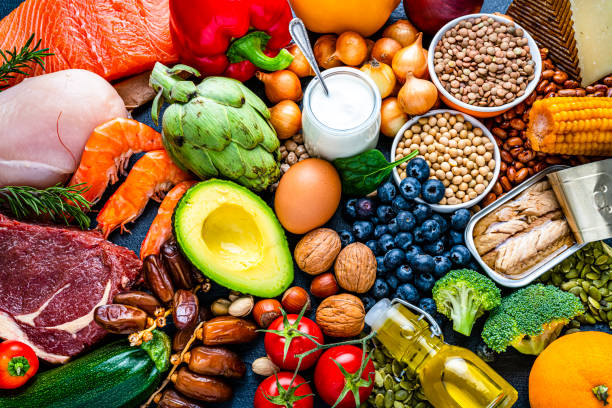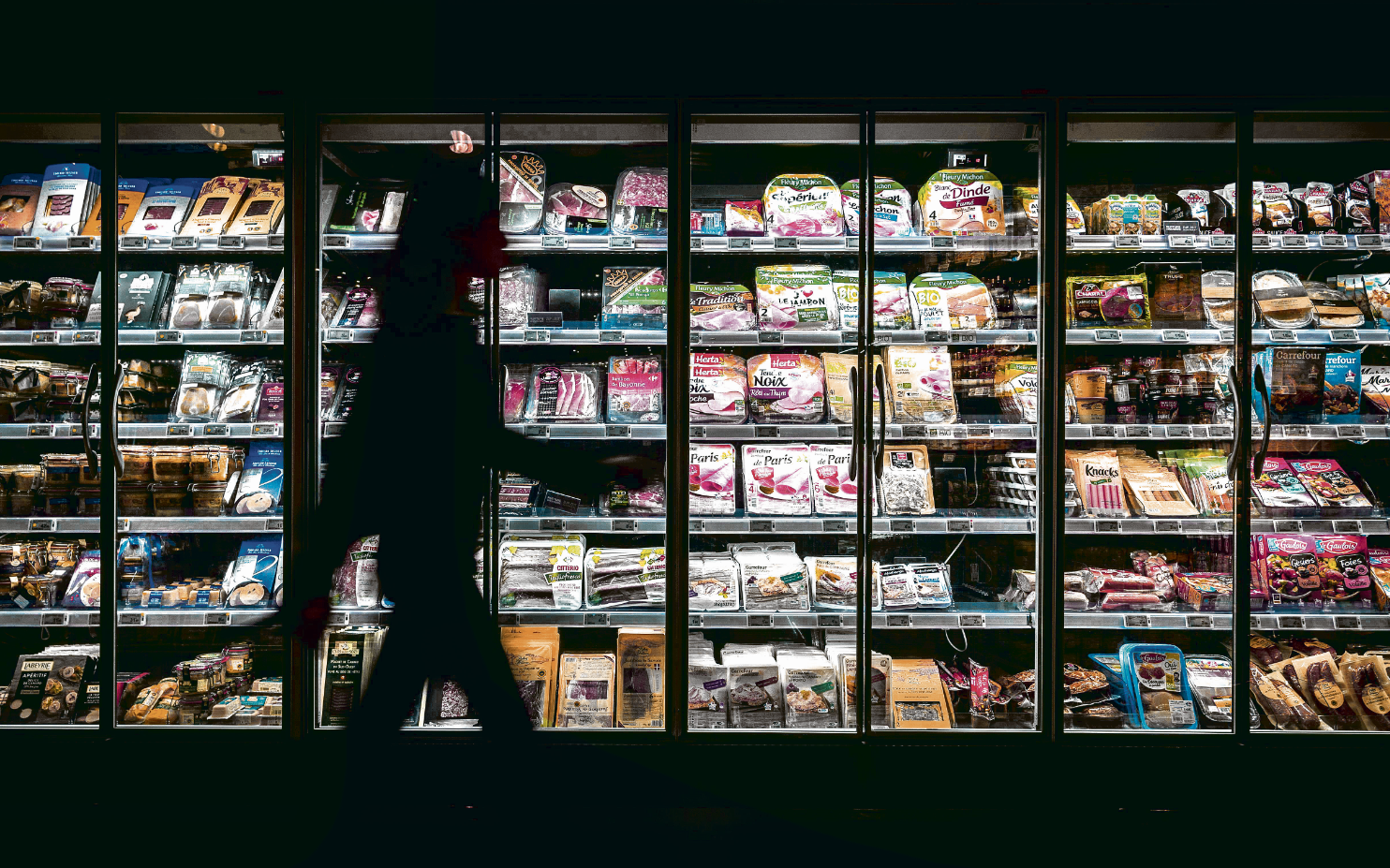This is the truth about the "Cheat Day" or "off-diet day": an ally or enemy of your diet?

A cheat day , also known as a "cheat day," is a practice that involves completely breaking your eating plan for an entire day, consuming foods that would normally be avoided on a diet. This practice emerged in the context of fitness and highly restrictive diets, as a supposed strategy to "break the routine" or boost metabolism. However, its scientific support is limited.
As Cleveland Clinic nutritionist Anna Taylor has noted, cheat days lack solid evidence as an effective tool for fat loss or metabolic health, and instead can lead to feelings of guilt, promote a cycle of restriction and excess, and fuel a dysfunctional relationship with food.
According to Raquel Medrano, a nutritionist at the International Clinic, it's usually tolerated in very restrictive plans or with specific goals, such as some diets for athletes, as long as it's managed appropriately. However, it's not recommended for people with eating disorders or those learning to build a healthier relationship with food.
"Special care must be taken with diets that have very strict restrictions, such as low-fat diets (dyslipidemia or fatty liver disease) or low-carb diets (diabetics), among other health conditions," added Karen Velásquez Pérez, nutrition coordinator at the Ricardo Palma Clinic.

Experts say that if there's a cheat day, the ideal is to combine it with eating fruits and vegetables. Photo: iStock
According to nutritionist Linda Flores of Sanitas Medical Offices, a day of high-calorie consumption can have specific physiological effects on the body , especially if it includes ultra-processed foods rich in simple sugars and saturated fats.
In the short term, it can elevate insulin and blood glucose levels, increase systemic inflammation, and disrupt bowel function , especially in people with digestive sensitivities. It can also produce temporary changes in appetite-related hormones such as leptin and ghrelin.
However, when these "cheat days" are repeated frequently, they can affect hunger self-regulation, promote body fat gain, and alter the gut microbiota , which negatively impacts metabolic and inflammatory health, the Sanitas expert warned.
It's important to keep in mind that the impact can also vary depending on each person's lifestyle . For example, in the case of an athlete, the body can use these excess calories as part of the recovery or energy recharge process, thanks to its more active metabolism. In contrast, Medrano noted that, in someone with a sedentary lifestyle, this same excess can translate into fat accumulation and negatively impact cardiovascular and metabolic health.

If cheat day is dedicated to eating only ultra-processed foods, this diet isn't going to be healthy. Photo: Mark Ralston / AFP
When not managed with awareness and control, cheat days can lead to frustration and a sense of failure, especially if the person feels their weekly efforts aren't yielding visible results . "In addition to feeling guilty about everything they ate in a single day, many people decide to restrict themselves the following days by eating very little, which leads to eating disorders and makes it difficult to consolidate healthy habits," Karen Velásquez emphasized.
In addition to feeling guilty about everything they ate in a single day, many people decide to restrict themselves the following days by eating very little, which causes eating disorders and makes it difficult to consolidate healthy habits.
For her part, Linda Flores added that one of the biggest risks is that cheat day can become an emotional outlet, especially in cases where eating plans are too rigid.
Nutritional plan A well-planned cheat day can become a tool to improve motivation and adherence to a nutritional plan, as long as it is integrated in a conscious and balanced way.
According to Anna Taylor, when a person has good emotional control and follows a structured eating plan, allowing occasional indulgences can reduce feelings of restriction and increase feelings of freedom.
This not only helps maintain a healthy diet over time, but also reinforces motivation knowing that it's possible to enjoy yourself without breaking your goals. The key lies in your mindset: if viewed as a permission within a healthy framework—and not as an excuse for lack of control— cheat days can promote better long-term adherence.

Cheat day is not a recommended diet for people with diabetes. Photo: Courtesy.
"It's best to choose one or two special meals that day, without overindulging and maintaining habits like staying hydrated and eating vegetables and fruits, which helps maintain balance without guilt or anxiety," the Cleveland Clinic nutritionist emphasized.
However, as Linda Flores warned, not everyone experiences this positive effect. In some cases, cheat days can reinforce an unhealthy relationship with food, based on the logic of restriction and reward.
Other alternatives There are much more sustainable and healthy options than cheat days for managing cravings and maintaining long-term flexibility.
One of the most effective alternatives is mindful eating. "This practice invites us to reconnect with our bodies, pay real attention to our hunger and satiety signals, and differentiate whether a craving responds to a physical or emotional need. Instead of prohibiting or accumulating 'allowances' for a specific day, it's about enjoying food without guilt or excess, in the present moment," the nutritionist explained.
This practice invites you to reconnect with your body, pay real attention to your hunger and satiety cues, and differentiate whether a craving responds to a physical or emotional need. Instead of prohibiting or accumulating "allowed" foods for a specific day, it's about enjoying food without guilt or excess, in the present moment.
Another very good alternative is cognitive flexibility, that is, letting go of labeling foods as "good" or "bad," which allows you to build a more free and stable relationship with food . This strengthens self-regulation, daily enjoyment, and consistency, without the need to resort to extreme compensations.
Along those same lines, Raquel Medrano suggested focusing on building habits, not following rigid rules. Eating with balance means being able to enjoy a cake without guilt, and also being able to say "no, thank you" out of genuine desire, not restriction. "Applying the 80/20 rule can be very helpful: if you choose nutritious foods 80% of the time, the other 20% you can include your favorites without harming your health."
This article is an edition of the original.
eltiempo





